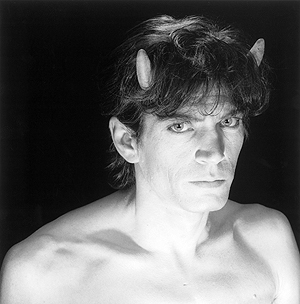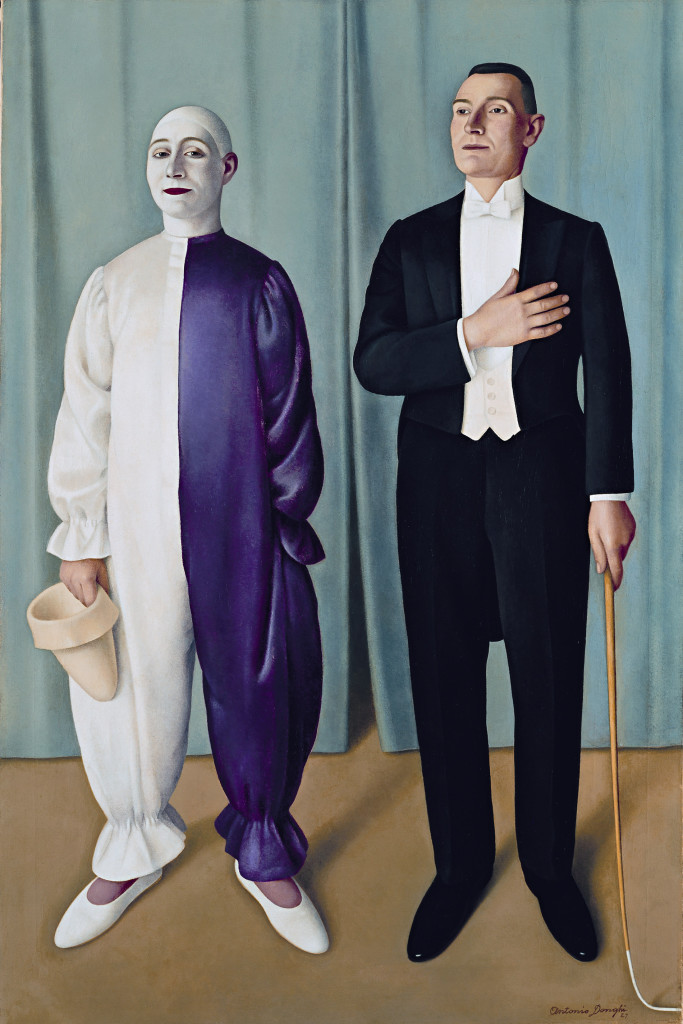Our generation is in difficulties about its heroes. The individual hero, defined as the personification of what the age intends to be, has become a wraith. Heroes will not thrive in every moral climate, but that does not stop us from hero hunting. The quarry that we bring home is another matter. Today, adoration does not make heroes; recognition is what counts.

—The Russian government turned over to the country’s Chief Rabbi Berel Lazar crucial documents dealing with the case of Raoul Wallenberg, a Swedish diplomat who saved thousands of Hungarian Jews during the Holocaust, the Associated Press reported last week.
Questions over Wallenberg’s death have long gone unanswered and many speculate that after being arrested by Soviet forces in 1945, he was murdered under orders by secret police.—click image for source…
The classic hero of Thomas More, was a sort of hero as perfection. A Lawrence of Arabia was a hero of enigma which should be more in our style with our preferred menu for the neurotic, wounded and self-besotted. The types with the unprojectable, private dimension that tends to blur them, for better or worse in terms of engrossing entertainment. Lawrence was a notoriously many-faceted man. The boyish romantic, the fanatic ascetic, the cocky non-conformist, the grieving father of troops, the humble penitent, the genius hiding behind an R.A.F.serial number.Call this approach of the hero by way of legend.

—took the tapes to Life magazine which at that time was the leading magazine in the United States with a circulation of about 5 million a month. And they ran the tapes of Eichmann. In the tapes we find this:
‘In 1937 when I had been struggling with Hebrew for two and a half years I has a chance to take a trip to Palestine. We were most interested in the Palestine immigration and I wanted to find out at what point the Jewish State in Palestine might be set up. Unfortunately Palestine was then in turmoil and the British turned down by application. I did see enough to be very impressed with what the Jewish colonists were building up their land. I admired their desperate will to live, the more so since I myself was an idealist. In the years that followed I often said to Jews whom I had dealing with that had I been a Jew I would have been a fanatical Zionist – I could not imagine being anything else, in fact I would have been the most ardent Zionist imaginable.’ —painting:Antonio Donghi, Circus (Circo equestre), 1927
Collection of Gerolamo and Roberta Etro, Milan
Courtesy Guggenheim Museum, New York City
Harold Pinter, in his The Caretaker approached the concept of hero by way of allegory. The central character is recognized as the popular modern figure: the anti-hero. An anti-hero, however, is by nature a thing of myth, a philosophical concept arrived at by reversing all the signs of heroism and drawing a graph of the result. The “real” opposite of a hero is a villain; an anti-hero is a construct, a conception that permits certain calculations to balance. We have our own kind of faith and the anti-hero has his own kind of reality.
On a factual level The Caretaker recites a brief and melancholy episode in the life of a bum who knows his rights, wants charity, and still more, wants to be noticed. Eventually his benefactors revile him for being the stinking nuisance that he is and throw him the hell out of the derelict house he has been brought to. Pinter’s play is performed in the language of men caught in the plumbing of society, scraps caught in the sink drain. The Caretaker is allegory, as it would have to be with an anti-hero at its axis. This old man kicks at fate and flirts with luck before flung at last into oblivion by two brothers. In a grisly way, he resembles a whole pack of us in our own planetary system of empty, unfinished and forbidden rooms, making us desperate enough to cosy up to anything that resembles luck and good fortune.
Harold Pinter was no optimist, and the hero he offers us in the Caretaker is a joke of questionable taste.A hero is the image of itself that the age projects, what it intends to be. Edward Albee called it the American Dream. Watching the events of Cleveland unfold and the inadvertent hero in Charles Ramsay: the hero instinct kicked in, and his case was made with some stretching and teasing out of the unsavory aspects of his life, part of the odd social status seemingly independent of virtue. It tough to stop a her narrative after it gets a head of steam. Are we being smiled at or kicked in the teeth and who is really the casualty in this age of abundance? It grows chilly.






 COMMENTS
COMMENTS